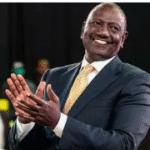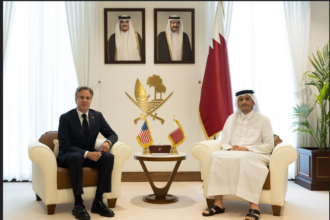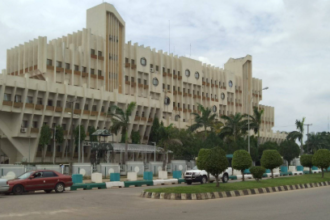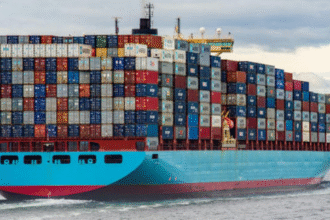By Isaac Okoro
YAOUNDÉ, CAMEROON – Paul Biya, the 92-year-old President of Cameroon and the world’s oldest serving head of state, has officially announced his bid for an unprecedented eighth term in office, setting the stage for the presidential election slated for October 12, 2025.
In a declaration posted on X (formerly Twitter) on Monday, Biya confirmed his candidacy, asserting his long-standing dedication to the nation’s security and the well-being of its citizens. He described the outcomes of his tenure as “palpable, visible and laudable” and expressed gratitude for the “massive support” from the populace.
“Ensuring the security and well-being of the sons and daughters of our beloved and beautiful country is the sacred duty to which I have devoted my time and energy since assuming the helm of State,” Biya’s statement read. He added that despite visible progress, “much remains to be done” amidst an “increasingly difficult international environment.” He cited “numerous and insistent calls” from all ten regions of Cameroon and the diaspora as the reason for his decision, promising to prioritize the well-being of youth and women.
Biya, who has governed the Central African nation since 1982, has been a cornerstone of Cameroonian politics for over four decades. His prolonged tenure has frequently drawn scrutiny, particularly concerning his health following a 42-day absence from public view last year, according to Al Jazeera.
A pivotal move solidifying his grip on power was the abolition of presidential term limits in 2008, paving the way for indefinite re-election. His previous victory in 2018, secured with over 71% of the vote, was met with widespread accusations of fraud from the opposition.
While supporters within his ruling Cameroon People’s Democratic Movement (CPDM) had been vocal in calling for his re-election, critics, including opposition parties and civil society groups, contend that his extended rule has stifled democratic progress and economic development within the nation.
Cameroon’s political landscape remains fragile, having had only two presidents since gaining independence in the 1960s. Several opposition figures, including Maurice Kamto, Joshua Osih, Akere Muna, and Cabral Libii, have already declared their candidacies for the upcoming election, consistently advocating for comprehensive electoral reforms to ensure a fairer and more transparent contest.
Beyond the political arena, Cameroon continues to grapple with significant economic difficulties, ongoing violent separatist movements in its English-speaking Anglophone regions, and persistent threats from the Boko Haram insurgent group in the north, as reported by various international organizations.
Biya’s decision to seek another term in a country beleaguered by internal strife and economic woes is expected to intensify the debate over Cameroon’s future, balancing calls for stability against persistent demands for democratic renewal and a change in leadership.









